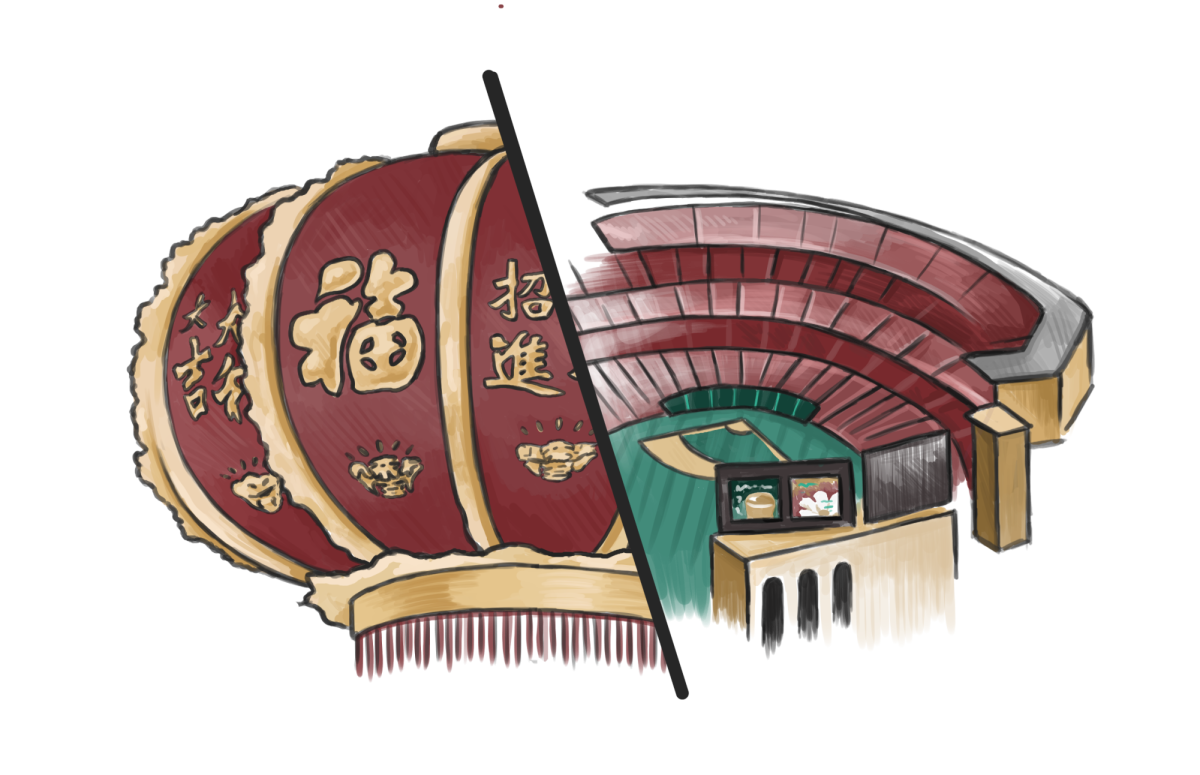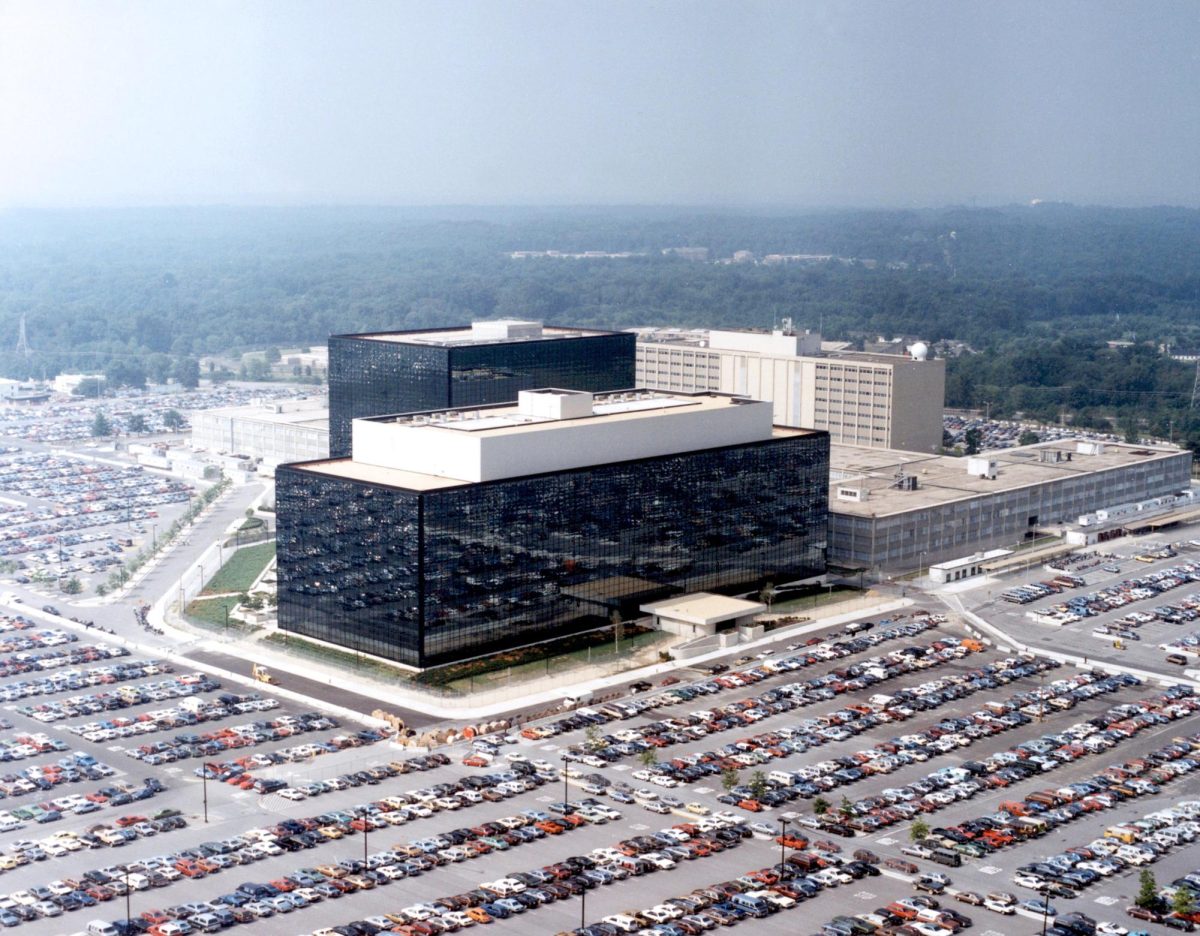The first time that many students hear the word “boycott” is in the context of the Montgomery bus boycott, sparked by the arrest of Rosa Parks. The boycott began Dec. 1955 and lasted until Nov. 13, 1956, when the U.S. Supreme Court ruled that bus segregation violated the 14th Amendment. It succeeded because 75% of Montgomery bus patrons were Black passengers, meaning that each day the Montgomery City Lines lost 30 thousand to 40 thousand bus fares for as long as the boycott continued. This event inspired many of the famous nonviolent protests of the Civil Rights Movement.
However, Montgomery was not the first boycott. Boycotts had already been used for years, including during the American colonial period as a method to resist British control. Heavily taxed British products, such as tea and sugar, were avoided by colonists in order to limit British profit. This is an example of a boycott in which the public targets products and goods instead of targeting a service like the bus system.
Boycotts are still effective in our economy today, but they’ve changed form. Now the public avoids certain corporations that publicly or financially support problematic causes. These movements are spurred by concerns about human rights, environmental impact, animal abuse, political issues and more. In an economy where trends arise quickly and fade even faster, boycotts can have a lasting effect on the ethics and economic stability of a corporation. For example, a boycott against Chick-fil-A was sparked in 2012 after its CEO Dan T. Cathy made multiple statements opposing same-sex marriage. The company also donated to many anti-LBGTQ+ organizations. As a result, Chick-fil-A’s public image was damaged, and they lost part of their consumer base. The company stated later that year, “Going forward, our intent is to leave the policy debate over same-sex marriage to the government and political arena.”
One obvious effect of a boycott is that it can cause a dramatic decrease in the public consumption of a product or brand. This impact varies depending on the popularity of the corporation as well as the extent of the boycott’s body of support. For some powerful organizations like Amazon, a boycott would have little effect on its overall income and security due to our reliance on it. However, boycotts gain influence with more dedicated and widespread followings or with smaller and less stable corporations. In these cases, large-scale protests can cause financial issues, budget cuts and bankruptcy.
Mainstream avoidance of a certain brand or company can lead to a negative public association with its goods or services. Instead of simply enjoying the product, consumers start to doubt the source and wonder what happens behind the scenes. This doubt can snowball into even more avoidance, causing the business to lose out on more and more customers. A brand’s reputation and financial success are intertwined, making a boycott especially effective.
Unfortunately, boycotts can have consequences outside of their goals. The first people to feel the economic loss of a business are workers at the bottom of the corporate ladder. These workers are not the ones making the company’s decisions, and pay cuts or job losses can be devastating for their individual lives. In addition, boycotts can have the opposite effect on a corporation’s reputation or economic status. Criticism of a brand can generate strong support among its loyal customers, leading to what is known as a “buycott.” This is the opposite of a boycott, where supporters of a company will purposefully buy more of its products to compensate for the criticism and lost revenue. However, with organization and consistency, boycotts have the potential to affect the ethics and budget allocation of a targeted business. For example, in cases of exploitation and corruption, boycotts can lead to better wages and conditions for employees. When opposing unethical policies and beliefs, boycotts can force a corporation to pull support or funding from problematic causes.
Economic boycotts can be incredibly effective instruments of change. While often overlooked, this method of nonviolent protest against corporations should be taken more seriously when addressing social issues. With dedication, a clear goal and a loyal following, a boycott has the power to institute real change.










Will Gonsior • Mar 11, 2024 at 10:01 am
I’m not opposed to the Chick-Fil-A boycott on the basis of Dan Cathy’s statements, although I enjoy the chicken too much to leave. However, I have found all reports that the company donated to “anti-LGBTQ organizations” unfounded. I was disappointed that a claim like this was presented unverified without any link or citation.